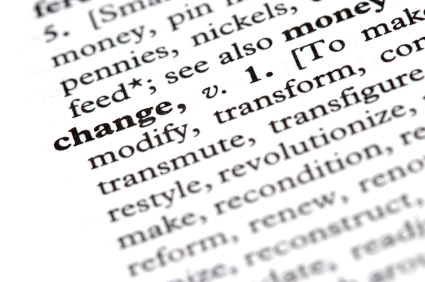Renewals for Auto Insurance
What is a renewal, what happens at a renewal, what doesn’t have to happen at renewal, and canceling coverage before renewal.
No auto insurance policy is forever. All must be renewed at a regular interval, usually every six months or one year.
Renewals are important times for any insurance policy. It is important to understand what can only be done at renewal as well as what can be done with a policy at any time.
What Must Happen at Renewal
As with other lines of insurance, what companies can and cannot do with auto insurance policies is determined by the renewal date. For example, by law a company cannot change auto insurance rates based on accidents, tickets or claims until the renewal date.
This fact can give you some time to shop for a new policy if you expect a significant rate increase without fear of being dinged before the appointed time. Conversely, it also means the company cannot reduce your rates if an accident or claim drops off until the renewal date.
A good insurance agent will review your policy with you at or around the policy renewal date. This is a good time for both of you to see if the coverages on your policy still make sense, or if changes need to be made.
What Doesn’t Have To Happen at Renewal
Many people are under the impression they can’t cancel an auto insurance policy or make changes until policy renewal. Some agents tacitly encourage this perception.
The fact is: it’s just not true.
As the policy owner you have the right to cancel a policy, make changes to a policy, add or drop coverages at any time for any reason, or for no reason at all.
In addition, you can also make changes to a personal or commercial auto insurance policy as many times as you like. Indeed, it’s even expected that multiple changes will be made to commercial auto insurance policies during a policy term.
If you cancel a policy or make a change that reduces the overall premium, the insurance company is required to credit your account accordingly to the date the change was made. If you make a change that raises your premium, such as decreasing a deductible, the company will raise your rate accordingly.
Remember, rate increases due to driver ratings can only be executed at renewal, but rate increases due to increases in coverage must occur immediately.
Canceling Your Policy Before Renewal
While you have every right to cancel a policy mid-term (by law, a company must honor such a request), it is important to understand the possible ramifications of doing so. Obviously, canceling an insurance policy means one must replace it in order to continue driving legally.
Also, while changing insurance companies mid-term may save you money in the long run, remember the new company will probably charge your down payment which is more than the normal premium. This means you could come out behind in the short run. While you will probably get a premium refund from your old company by canceling mid-term as most companies have you pay your premium approximately six weeks ahead, it won’t be refunded right away.
In order to ensure there are no coverage gaps or unnecessary double coverages, make sure your new insurance is written effective the same day your old insurance is canceled. Bear all these things in mind when canceling mid-term.
Trackback from your site.

